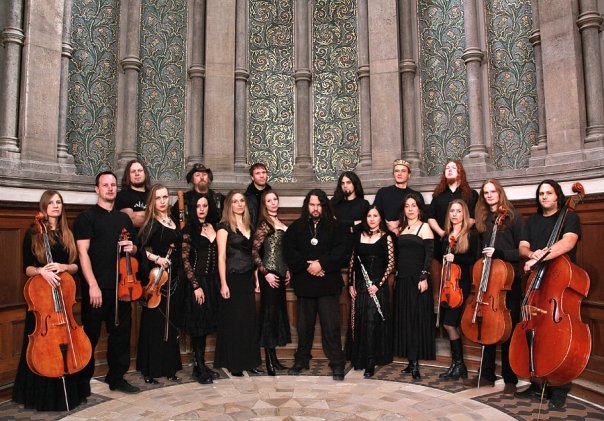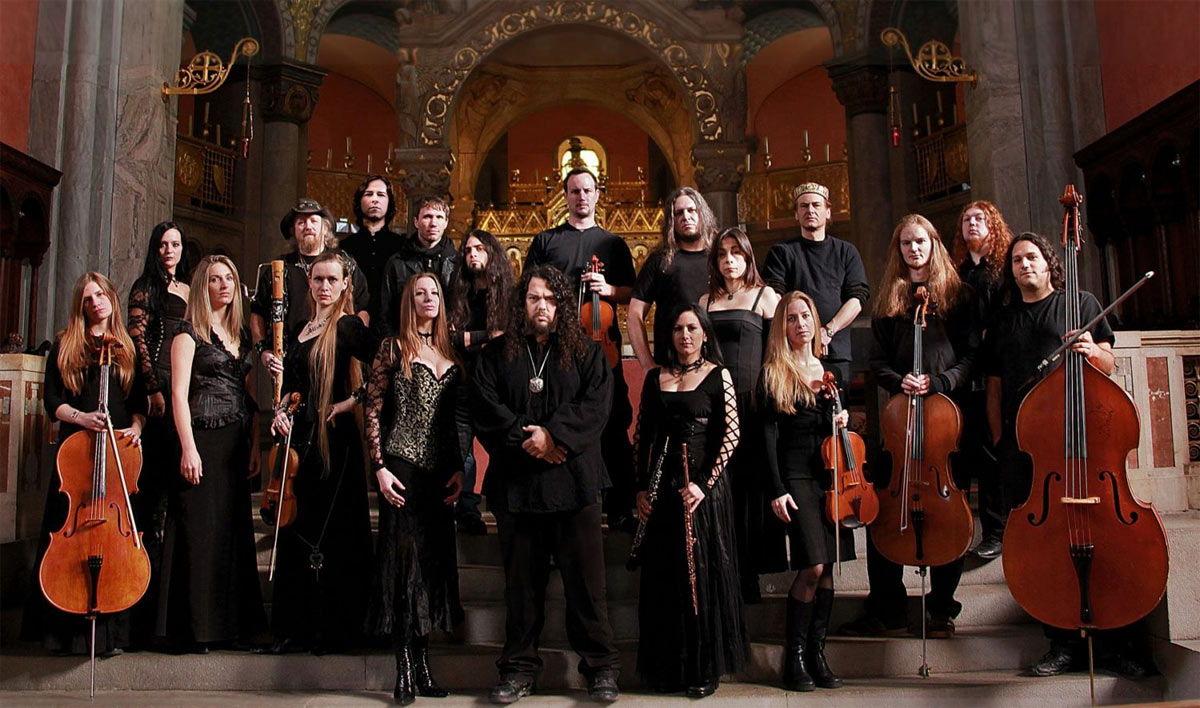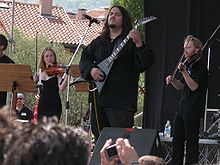
adjective
- having a gaunt, wasted, or exhausted appearance, as from prolonged suffering, exertion, or anxiety; worn: the haggard faces of the tired troops.
- wild; wild-looking: haggard eyes.
- Falconry. (especially of a hawk caught after it has attained adult plumage) untamed.
noun
- Falconry. a wild or untamed hawk caught after it has assumed adult plumage.
noun
- (Sir) H(enry) Rider,1856–1925, English novelist.
adjective
- careworn or gaunt, as from lack of sleep, anxiety, or starvation
- wild or unruly
- (of a hawk) having reached maturity in the wild before being caught
noun
- falconry a hawk that has reached maturity before being caughtCompare eyas, passage hawk
noun
- (in Ireland and the Isle of Man) an enclosure beside a farmhouse in which crops are stored
noun
- Sir (Henry) Rider . 1856–1925, British author of romantic adventure stories, including King Solomon’s Mines (1885)
1560s, “wild, unruly” (originally in reference to hawks), from Middle French haggard, probably from Old French faulcon hagard “wild falcon,” literally “falcon of the woods,” from Middle High German hag “hedge, copse, wood,” from Proto-Germanic *hagon-, from PIE root *kagh- “to catch, seize;” also “wickerwork, fence” (see hedge). OED, however, finds this whole derivation “very doubtful.” Sense perhaps reinforced by Low German hager “gaunt, haggard.” Sense of “with a haunted expression” first recorded 1690s, that of “careworn” first recorded 1853. Sense influenced by association with hag. Related: Haggardly; haggardness.
 Liberal Dictionary English Dictionary
Liberal Dictionary English Dictionary




